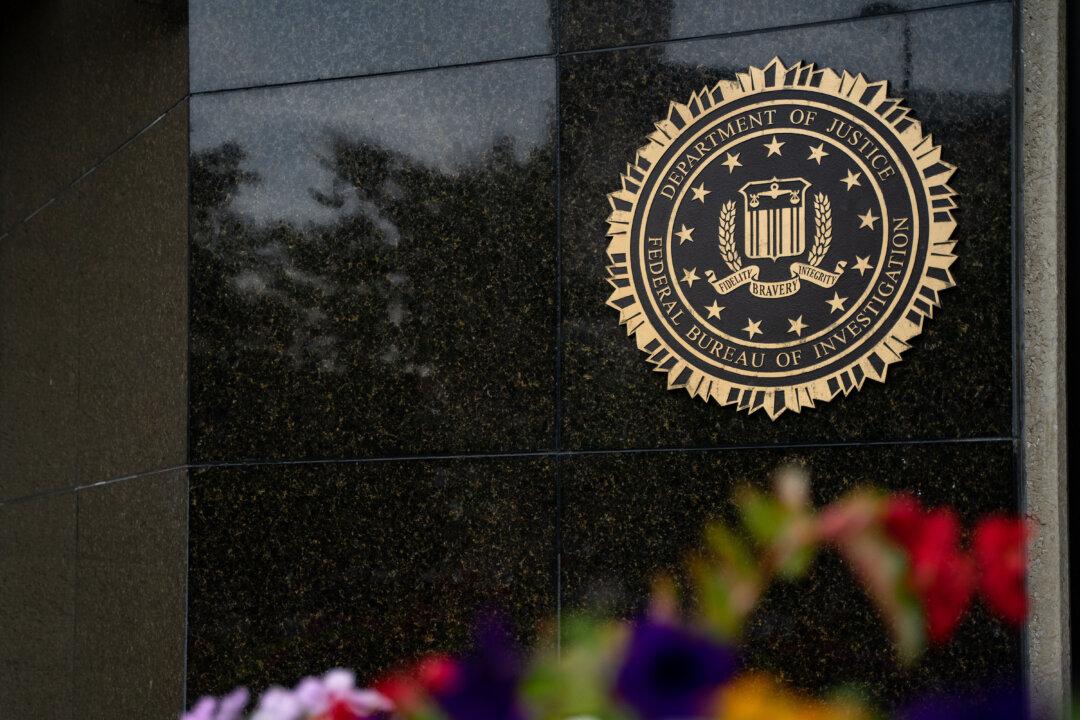Recent allegations by FBI whistleblowers that the bureau is pushing agents to inflate the numbers of violent extremism cases indicate political motivation, according to several experts. While merely labeling a case as violent extremism doesn’t mean the case is handled differently, it can mislead the public and even render the label itself meaningless.
The allegation was aired by Rep. Jim Jordan (R-Ohio) in a July 27 letter to FBI Director Christopher Wray.





